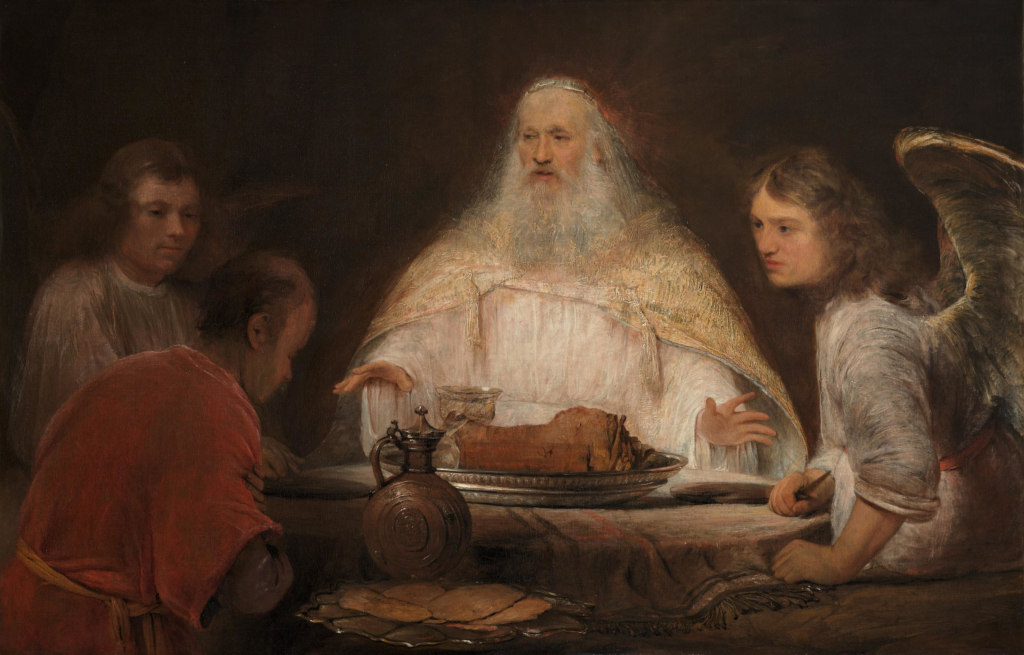
From Les Très Riches Heures du duc de Berry
(The transcript to the recorded podcast meditation is below, here).
Persistent Prayer Turns Christ’s Silence, His “No,” and “Absolutely Not” to YES!
Persistent Prayer Turns Christ’s Silence, His “No,” and “Absolutely Not” to YES!
So, a Gentile Syro-Phoenician woman comes to Jesus, crying out,
“Lord, have mercy on me. My daughter is suffering terribly.” But
Jesus remains silent. Undeterred, the woman keeps crying out.
And Jesus snubs her: “I was sent only to the lost
sheep of Israel.” But she can’t believe “No” could be
his final word. “Lord, help me,” she says simply. And
then, a crushing rebuff. “It is not right to take
the children’s bread and toss it to the dogs.” But hitting
rock bottom makes your prayers strangely powerful. “Yes,
it is right, Lord,” she contradicts him, “Even dogs eat crumbs
that fall.” Dogs, never entitled, hungry, humble, grateful, happy.
And Jesus praises her dogged faith in his goodness and
power. Her faith catalyses the miracle she longs for. He
says, “Woman, you have great faith. Your request is granted.”
Never passively accept any apparently intractable situations.
Reality is infinitely malleable in the hands of God. We pray,
and people change, circumstances change. We change. So
keep praying until little drops of the kindness of God
soften and change the impossible situation and your heart.
So take your little mustard seed of mountain-moving faith in the
goodness of God, and pray, seeing the kind Jesus in your mind’s eye.
Continue praying, past God’s silence, his “No,” and “Absolutely Not,”
until Christ, charmed, says, “Yes. It’s time! Go, girl, go. This way.”
Dream big and wide like childless Abraham stepping outside,
dazzled by an immensity of stars, and believing God’s power
could give him as many descendants. But don’t waste your
passion and dream-energy. Pray for things that will bring you
joy, yes, but will also bless myriad others, creating something,
in Milton’s phrase, that the world will not willingly let die.
Each of Jesus’s prayers were not answered affirmatively; neither
will each of our requests be granted. We are not wise enough
to know what best to pray for. But prayer, incredibly, does change
things. So keep praying for the shimmering dream which makes
your heart burn and quiver; pray past apparent impossibility until
the heavens open, the Spirit descends, and you live and work
and create with God’s spirit energising and filling you. Amen.
If you’d like to read my previous recorded meditations, they are here.
If you’d like to follow these meditations the moment they appear, please subscribe to Christian Meditation with Anita Mathias at Apple Podcasts, Spotify or Google Podcasts,
Amazon Music or Audible. And I would be very grateful for reviews and ratings!!
And, of course, I would love you to read my memoir, fruit of much “blood, sweat, toil and tears.”
Rosaries, Reading, Secrets: A Catholic Childhood in India in the UK, and in the US, here, well, and widely available, online, worldwide 🙂








.jpg!Blog.jpg)

